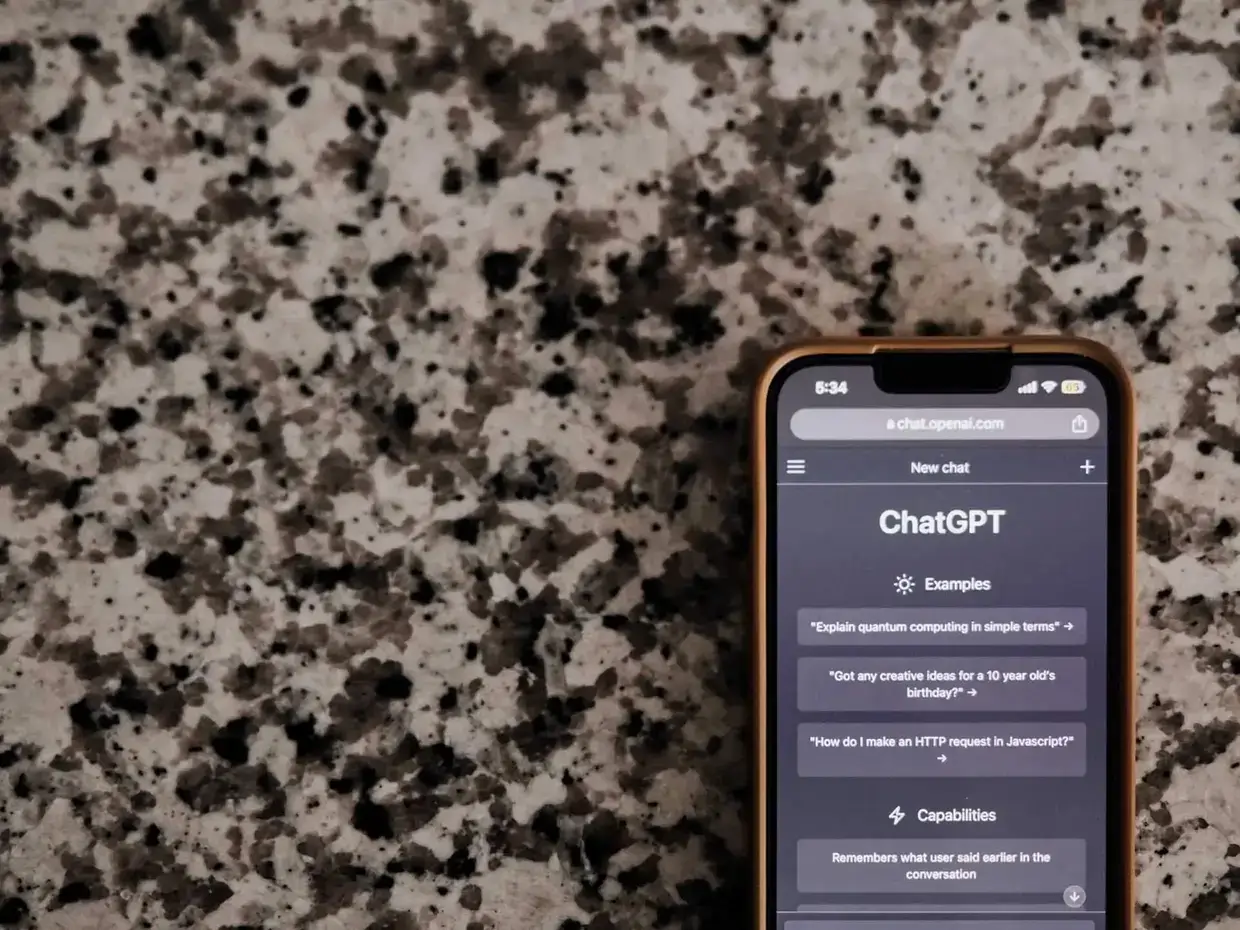Originally published August 22, 2023 , updated on October 4, 2023
Both marketing and sales funnels are crucial for a successful customer acquisition strategy. In light of fierce competition and evolving customer preferences, you must strike the perfect balance between both to thrive. However, content creation in the funnel stages is easier said than done. Often, there is a lot of confusion and overlaps between the two funnels. This leads to the underutilisation of the enormous potential of these strategies.
Are you confused about the differences between a marketing funnel and sales funnel? Wondering which one is more effective for your business?
In this article, we’ll delve into the world of marketing funnels vs sales funnels, breaking down their unique characteristics and highlighting their individual impacts. By the end, you’ll have a clear understanding of how these two strategies diverge. You’ll also gain valuable insights needed to make informed decisions for your success. So, let’s dive in and explore the fascinating realm of content creation in funnel stages.
Marketing Funnel vs Sales Funnel: Explained

Marketing and sales funnels are two distinct frameworks often used by content marketing experts. These funnels help businesses guide potential customers through the journey from awareness to purchase. They share a common goal of converting leads into customers. However, there are key differences between them. Understanding these differences will help you optimise your content creation in the funnel stages.
The marketing funnel creates brand awareness, generates interest, and nurtures leads. It consists of several stages. It starts with the top of the funnel (TOFU), where the primary objective is to attract a wide audience and build awareness. Prospects gradually become more engaged and receptive to marketing messages.
The middle of the funnel (MOFU) involves nurturing and educating leads. In this section, you provide leads with valuable content and build trust. Finally, at the bottoe funnel (BOFU), prospects are ready to make a purchase decision. Content marketing experts know how to craft compelling content that educates, entertains, and builds trust for this funnel.
Stages of Sales Funnel
On the other hand, the sales funnel focuses specifically on the conversion process. This spans the journey from being a lead to a customer. It typically consists of four stages:
- Prospecting: Identifying and finding potential leads who may be interested in your product or service.
- Qualifying: Assessing and determining the level of interest and suitability of leads to prioritise valuable prospects.
- Presenting: Showcasing your product or service to leads, highlighting its benefits, and solving any concerns.
- Closing: Sealing the deal by finalising the purchase, negotiating terms, and ensuring a smooth transition.
The sales funnel is more hands-on and sales-driven. It has a focus on personal interactions and direct selling techniques. Content still plays a role, but it’s often more targeted and specific to closing the sale.
Now that you have understood the nuances of a sales funnel vs marketing funnel, let’s look at how you can use them to your advantage.
How Can You Leverage Marketing and Sales Funnels?
Leveraging marketing and sales funnels is essential for maximising your customer acquisition efforts. This also helps in optimising your overall marketing strategy. Here are some actionable steps you can take to make the most of these funnels:
1. Understand Your Target Audience
Begin by gaining a deep understanding of your target audience. Identify their needs, preferences, and pain points. Through this, you will be armed with an understanding of what they are looking for. This knowledge will enable you to create content in different funnel stages. You could look into both primary and secondary audience research for this purpose.
2. Create Compelling Content
Develop compelling content that caters to the different stages of the funnel. You can do this in-house or make use of content marketing experts. This step is more relevant to the marketing funnel. For prospects at the top of the funnel, create blog posts, social media content, or informative videos. In the middle of the funnel, nurture leads with in-depth guides, case studies, or webinars. Provide bottom-of-the-funnel leads with persuasive product demonstrations, testimonials, or exclusive offers.
3. Capture and Nurture Leads
Implement lead generation strategies to capture valuable leads. Offer enticing lead magnets, such as free e-books or exclusive discounts. You can offer these in exchange for their contact information. Once you have leads, nurture them through targeted email campaigns, delivering relevant content to guide them towards a purchase decision. You could consider using the services of a content marketing expert to further enhance your campaigns.
4. Align Marketing and Sales Efforts
In contrast to the title of this article, your teams should not have a marketing funnel vs sales funnel approach. Ensure collaboration between the teams working on your marketing and sales funnels. Ensure they share insights and feedback to create a seamless customer journey. Marketing should provide sales with valuable lead intelligence. Meanwhile, sales can provide feedback on lead quality and conversion rates, enabling continuous funnel optimisation.

5. Analyse and Optimise
Regularly analyse key metrics and gather insights to optimise your funnels. Track conversion rates, engagement metrics, and customer feedback. Identify areas of improvement, such as high drop-off points or low conversion rates, and make data-driven adjustments to enhance funnel performance.
We hope that we have aided in your understanding of marketing funnels vs sales funnels. By leveraging marketing and sales funnels effectively, you can streamline your customer acquisition process, boost conversions, and drive business growth.
Sales Funnel vs Marketing Funnel: The Takeaway
While there are many benefits of content creation in the funnel stages, doing it right is often a challenge. There are many techniques and tricks that go behind the scenes to make these campaigns work. Having the bandwidth to do so effectively in-house might prove to be a challenge. There might be contrasting priorities, limited resources, or an absence of the expertise to carry out such strategies.
This should not stop you from leveraging the potential of these funnels. You can outsource your requirements to top marketing agencies like Goodman Lantern. Our content marketing experts can help create a robust sales and marketing campaign that matches your requirements perfectly. You can trust them to help you achieve the results you desire and make your business shine.
Send us an email or book a call to get started on a successful marketing journey.
Post Views: 146



















